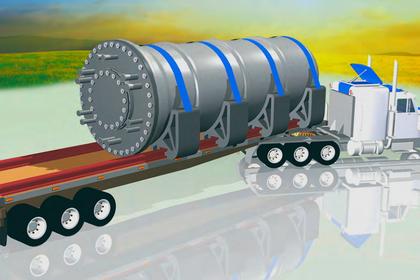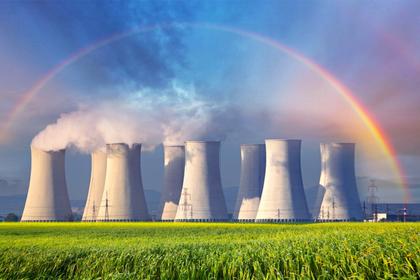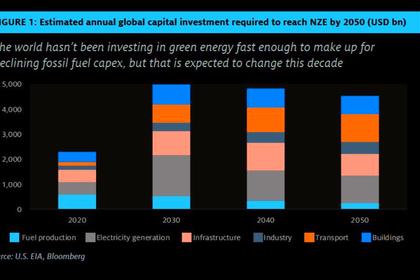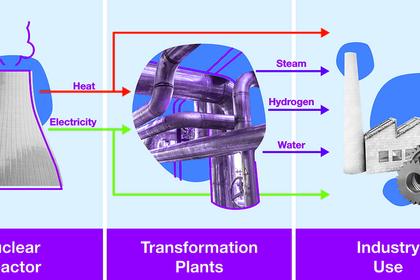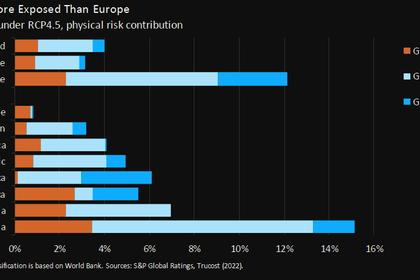
NUCLEAR IS A CLIMATE KEY

IAEA - JUN 14 2022 - The Contracting Parties and Signatories to the Convention on Supplementary Compensation for Nuclear Damage (CSC) convened for their second meeting since the CSC entered into force in 2015. The IAEA, which previously accepted the CSC Parties’ request to act as the Secretariat, hosted the meeting from 31 May to 2 June 2022. At the June 2019 Inaugural Meeting of the CSC Parties and Signatories in Ottawa, Canada, the participants decided that meetings should regularly take place.
The Second CSC Meeting encouraged dialogue among the CSC Contracting Parties and Signatories on implementation matters and collaboration to promote participation in the CSC worldwide. “There is a unique opportunity, here and now. Nuclear has for the first time in over a decade, woven itself into the public narrative as a key technology to support climate change and net-zero objectives. Despite this momentum created by the drive towards clean energy and energy security, one foundational aspect of international nuclear law, the nuclear liability treaty fabric, is still a patchwork of relations amongst countries,” said Jamie Fairchild of Canada, who chaired the meeting. He emphasized that “this is a great place in the narrative to discuss the challenges we have and to work through as a community.”
The CSC was adopted under IAEA auspices in 1997 and currently has 11 Contracting Parties and 11 Signatories. The Convention aims to serve as an “umbrella” for all countries that are party to one of the existing international conventions on civil liability for nuclear damage or have national legislation in place conforming to the principles underlying those conventions.
Wolfram Tonhauser, Head of the Nuclear and Treaty Law Section in the IAEA Office of Legal Affairs, explained in his opening remarks, “the CSC is an important building block in establishing a global regime regarding civil liability for nuclear damage.” Referring to the 2012 recommendations by the International Expert Group on Nuclear Liability (INLEX) on actions to facilitate a global nuclear liability regime, Tonhauser noted that “the CSC establishes treaty relations among States that belong to the Paris Convention, the Vienna Convention or neither, while leaving intact the Joint Protocol that establishes treaty relations among States that belong to the Paris Convention or the Vienna Convention.” The CSC also envisages an international fund to supplement the amount of compensation available for nuclear damage at the national level.
From 9 Contracting Parties and Signatories, 24 representatives attended the Second CSC Meeting, which was also partly open to observers and experts. The participants gave presentations on their domestic nuclear liability regimes and discussed topics, such as the operational aspects of the supplementary funding mechanism and opportunities to broaden participation in the CSC. The Third CSC Meeting will be in Japan in 2023.
-----
Earlier:
